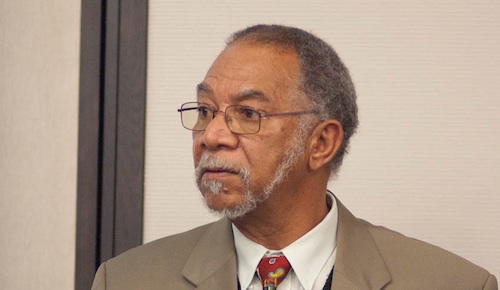
Industry body, the SA Communications Forum (SACF), believes unbundling Telkom’s local loop of copper-cable infrastructure is essential if SA is to improve education, health and the economy. But it’s only one of the steps necessary to drive widespread broadband penetration and access to technology.
SACF project manager Walter Brown says local-loop unbundling is a “small but vital component of the vast potential of [technologies] to help solve the many socioeconomic challenges faced by SA”.
Brown says unbundling is “not a panacea for national access to information and knowledge, but it can be a powerful enabler of information and communications technology development if positioned and managed effectively”.
According to research conducted and collated by the SACF, a mere 10% of SA households have Internet access. This is the second poorest penetration in the so-called Bric countries, with only India faring worse with 3%.
Brown says it has been proven repeatedly that access to information helps to reduce inequalities, both social and economic. He adds that according to the latest UN Habitat report, the first step to reducing inequalities is getting broadband to the urban poor, rather than trying to drive rural uptake.
According to the SACF, broadband prices in SA are more expensive in relation to earnings per capita than any other developing country. While price cuts are helping the situation, Brown says these may not prove sustainable and SA operators and regulators need to formulate a long-term strategy if price reductions are to continue and remain sustainable.
Brown says countries like Brazil that have completed local-loop unbundling now enjoy more than 20% household penetration, and that Brazil hopes to achieve 75% household penetration by 2014 at a cost of US$20/month. He adds that targets like these illustrate how far SA has fallen behind other developing nations and how important unbundling is to rectifying this.
“Local-loop unbundling can be a costly distraction and short-term failure if handled through confrontation and lack of commitment and conviction by stakeholders,” says Brown. He adds that it can, however, be very effective if handled correctly.
He says the SA technology industry “can’t think that one piece of legislation will fix everything because technology moves quickly and the goal posts move with it. If unbundling is to improve socioeconomic conditions for most SA, the sector will need to embrace a long-term strategy that goes beyond unbundling. Nevertheless, it remains a crucial first step.” — Craig Wilson, TechCentral
- Subscribe to our free daily newsletter
- Follow us on Twitter or on Facebook

